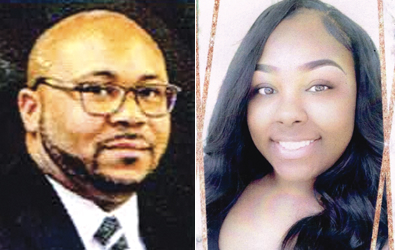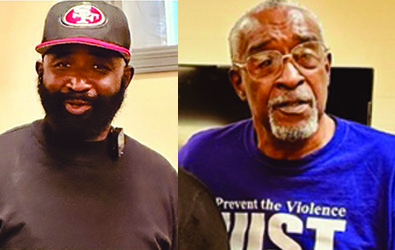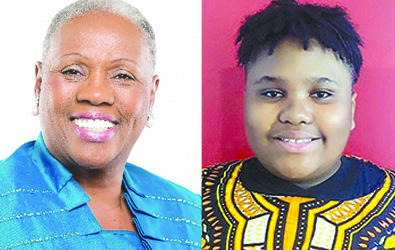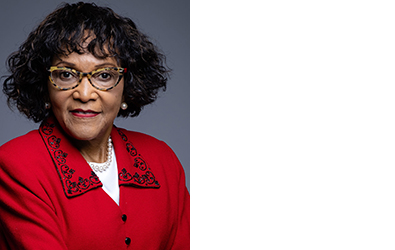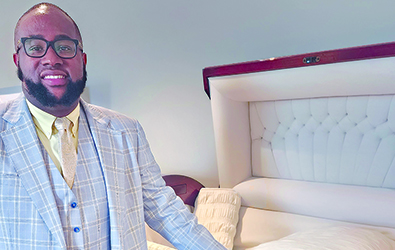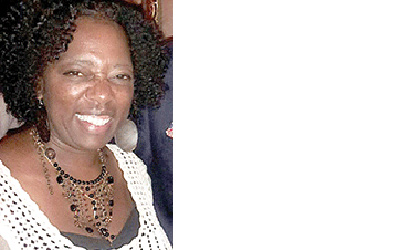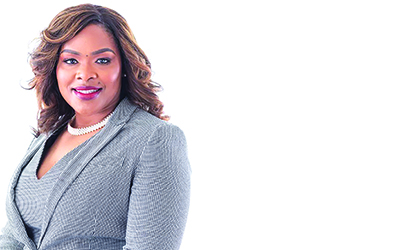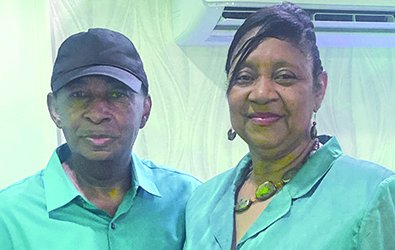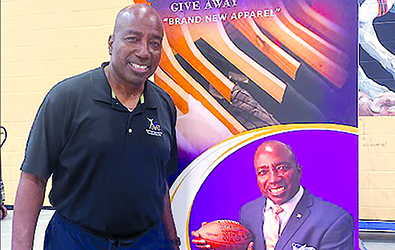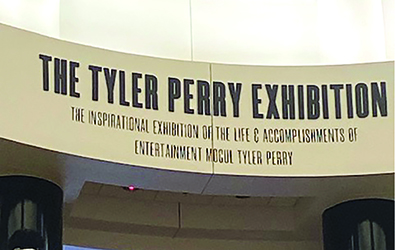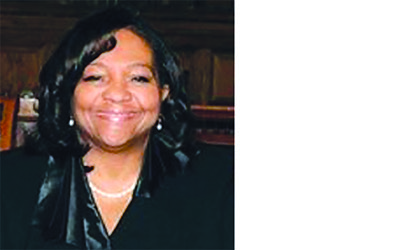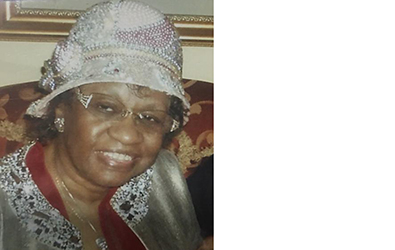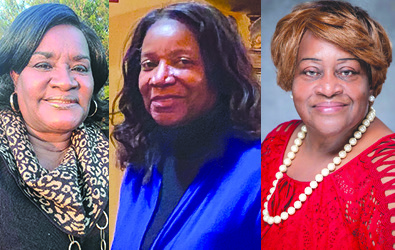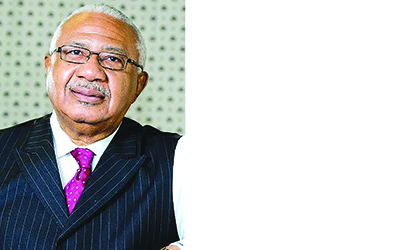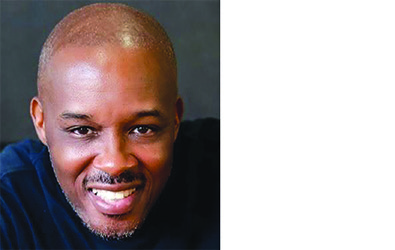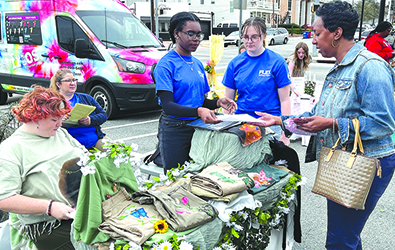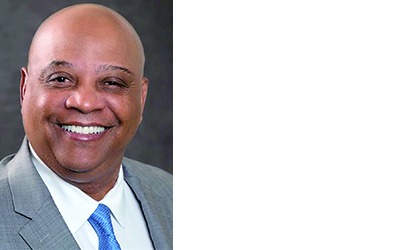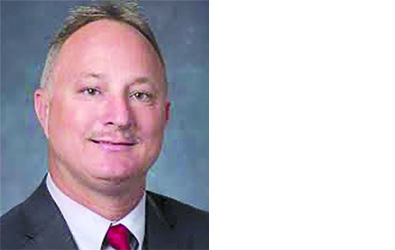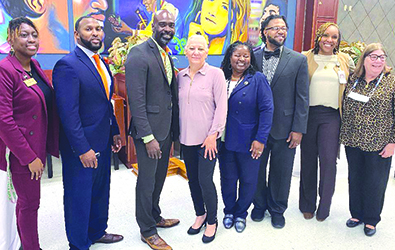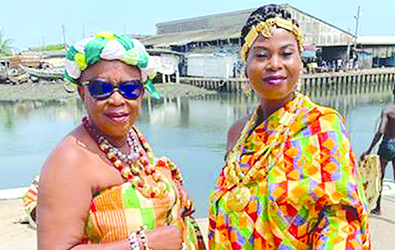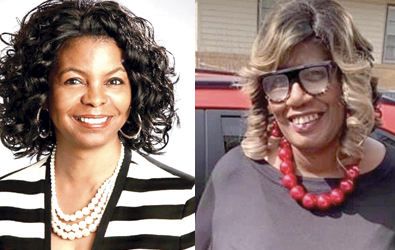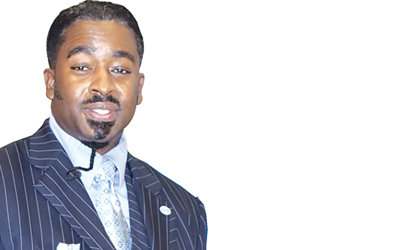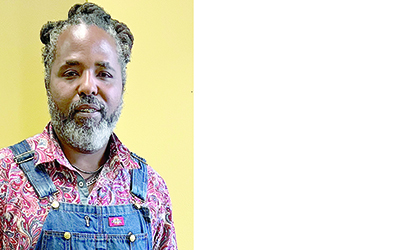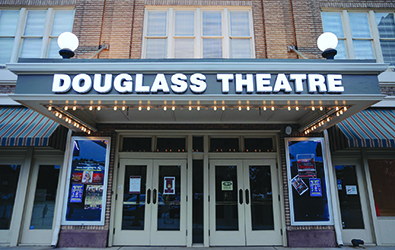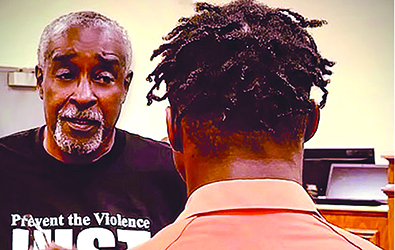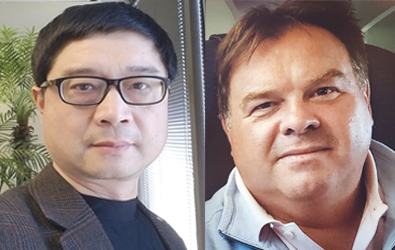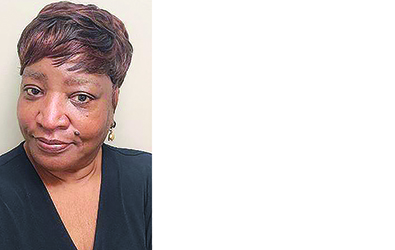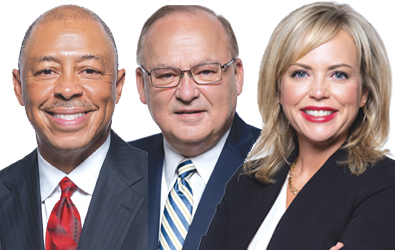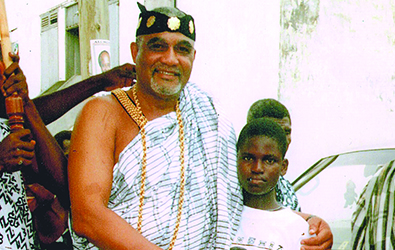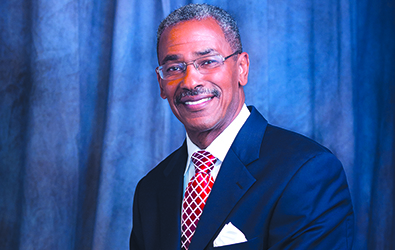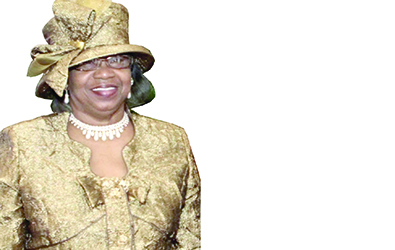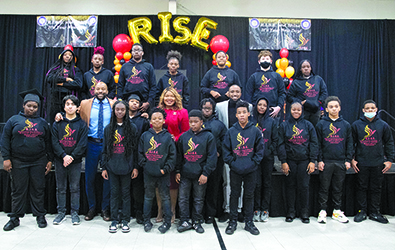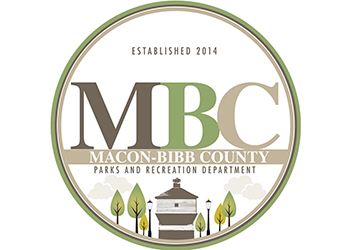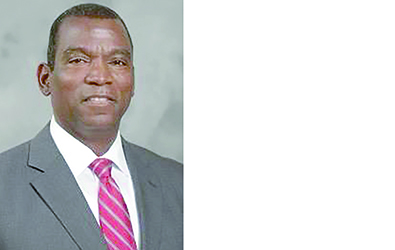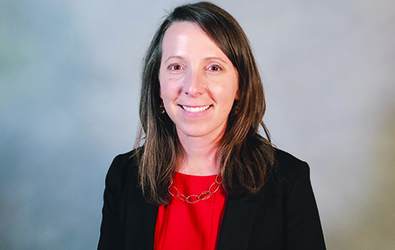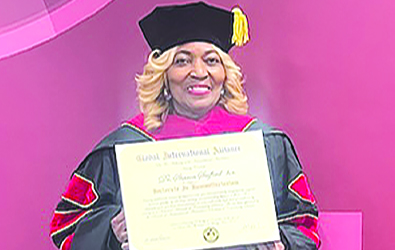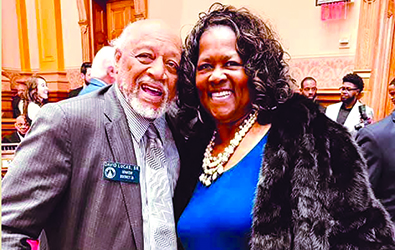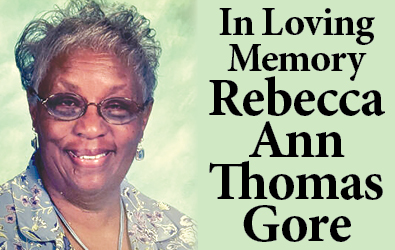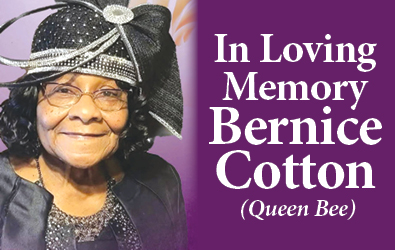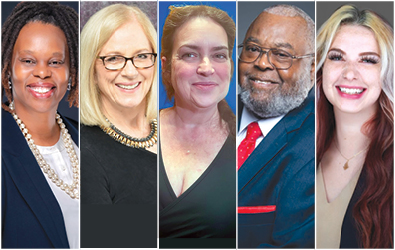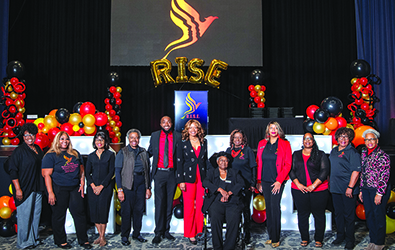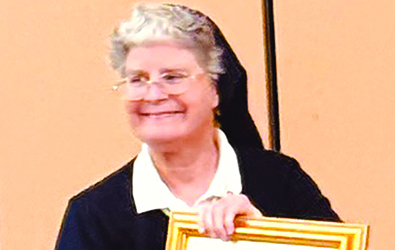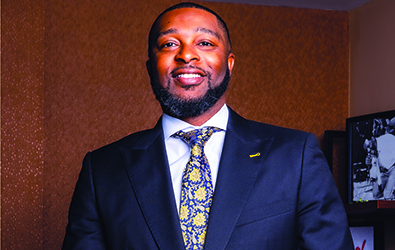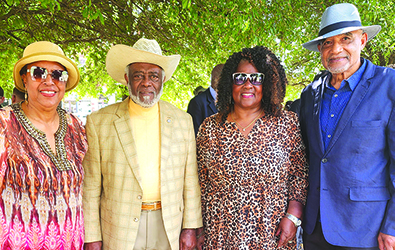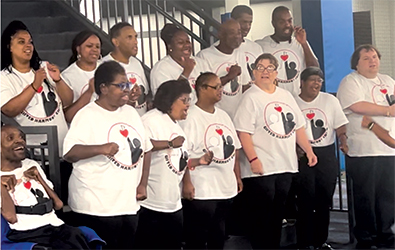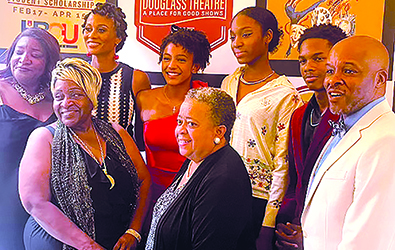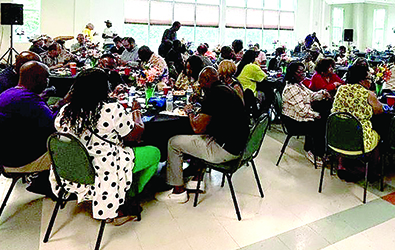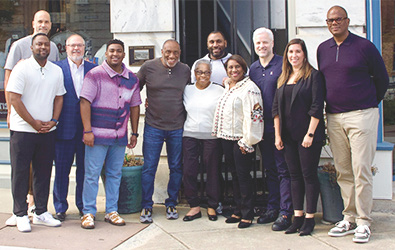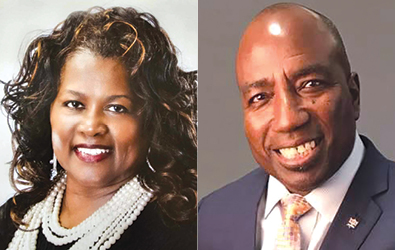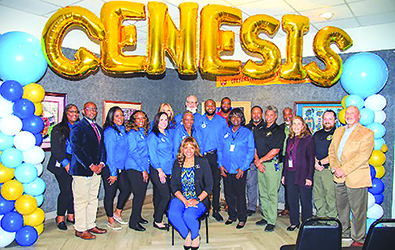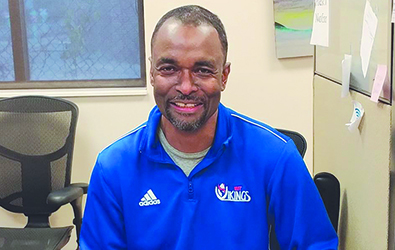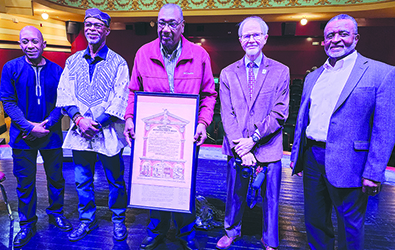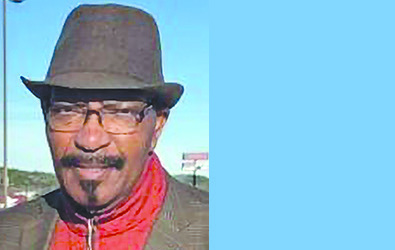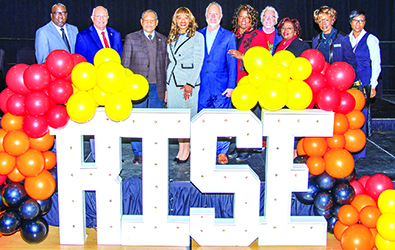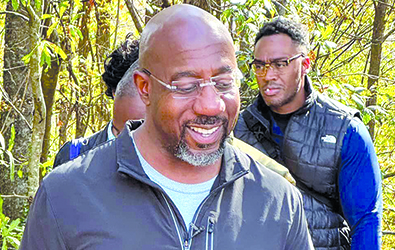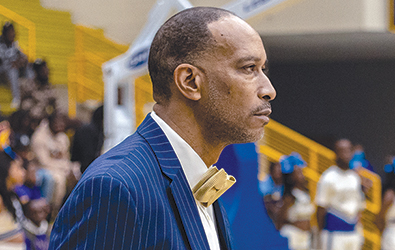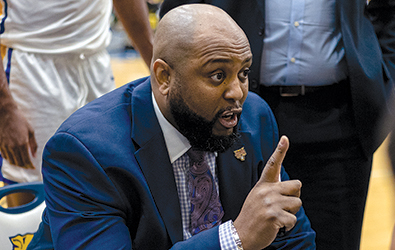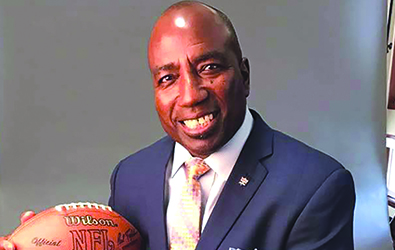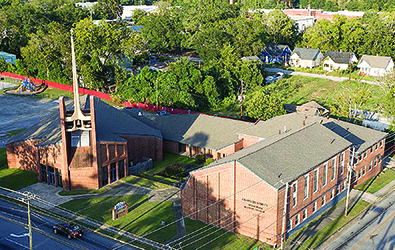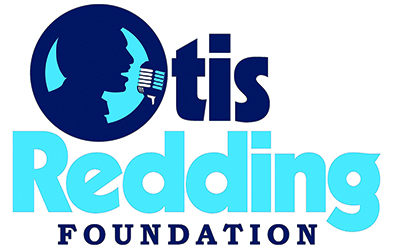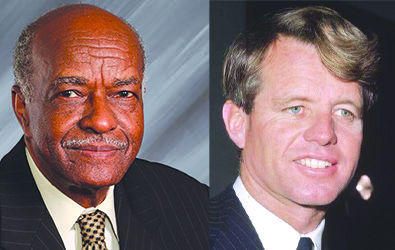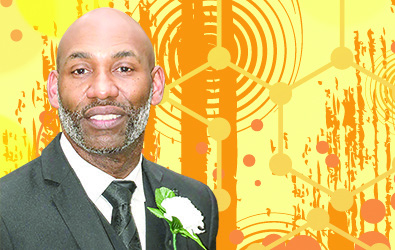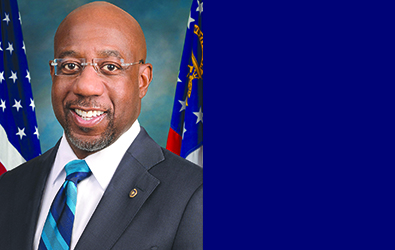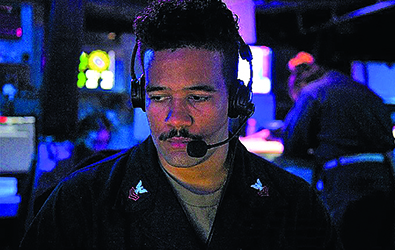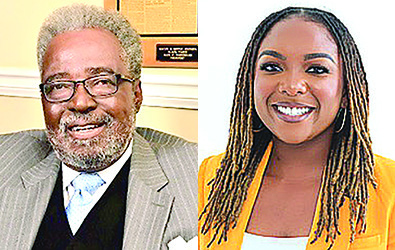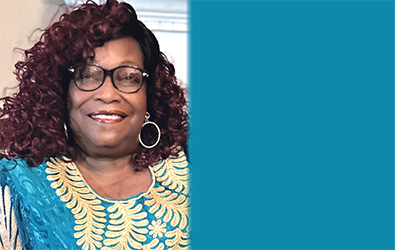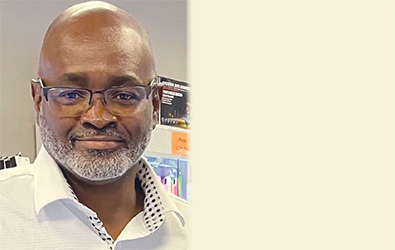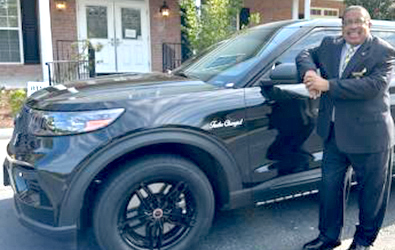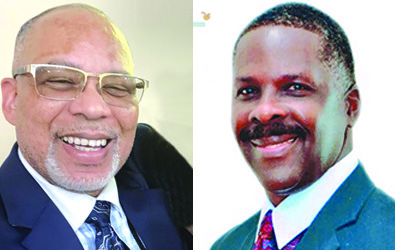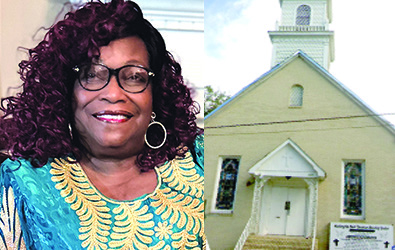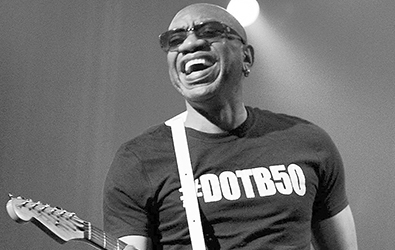by Herbert Dennard
A few weeks ago, I faced an unexpected turn in my journey of life. What began as a routine stress test at the doctor’s office turned into a life-threatening situation that reminded me of the fragility of life and the importance of divine timing.
The test, which was supposed to be just another precautionary measure at my age, involved using contrast to get a more accurate reading of any potential heart issues. I was in the middle of the procedure when my heart rate, which was normal at 66 beats per minute, suddenly dropped to a dangerous 16 beats per minute. This sudden and drastic decrease caused me to pass out.
My medical team acted quickly, administering medication to raise my heart rate and calling an ambulance. When I regained consciousness, they were preparing to transport me to the hospital. Tests revealed that if this had happened anywhere else—walking my dog, exerting myself in a 5K race, or even at home—the outcome could have been fatal.
Ironically, I had considered running that very 5K race as I had every year, but something told me not to. I hadn’t been exercising enough, and for some reason, this year I made a last-minute decision to skip it. In hindsight, I realized it was the best decision I could have made. I was in the safest place possible—surrounded by the right doctors and the right equipment—to survive what could have otherwise been a fatal event.
I am expressing deep gratitude for Atrium Health Navicent and its team, including my friend, CEO Delvecchio Finley, whose support and wisdom brought me comfort during my hospital stay. After seven days of medical observation and testing, doctors concluded that I needed a pacemaker—a small device implanted in my chest to help regulate my heart rate. I underwent the procedure and am now learning how to live with this life-saving device.
A pacemaker works by sending electrical impulses to the heart, ensuring it beats at a normal rhythm. It is a critical tool for those like me who experience bradycardia (a slow heart rate) or other heart conditions that disrupt the heart’s natural electrical system. Modern pacemakers even adjust the heart’s rate according to physical activity.
Now, with my pacemaker in place, I am adapting to a new lifestyle. I’m learning what I can and cannot do—avoiding strong electromagnetic fields from devices like MRI machines, metal detectors, and certain medical treatments. I can no longer keep my phone in my shirt pocket, as it could interfere with the pacemaker’s function.
Through it all, I am most thankful to God for sparing my life. I know how close I came to a much different outcome, but by the grace of God, I was exactly where I needed to be at the exact moment of crisis.
My story is a reminder that life can change in an instant and that we should always be thankful for each moment. My episode with my heart condition could have ended tragically, but instead, it serves as a powerful testimony of survival and divine intervention.



